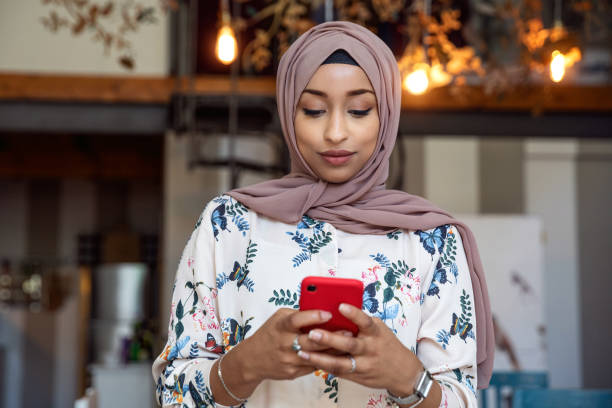Academic studies have revealed the concerning impact of excessive social media use, particularly texting, on emotional well-being and interpersonal relationships. Research indicates that increased time spent on social media correlates with heightened feelings of frustration, depression, and self-comparison.
Additionally, social media use is disrupting real-life relationships, causing distractions, irritation, and reducing the quality of time spent with loved ones. Experts attribute these issues to the stark differences between face-to-face conversations and digital interactions. The anticipated benefits of technology often fail to align with its actual effects, significantly harming emotional health and diminishing meaningful connections.
A study by the School of Communications at Brigham Young University found that the more time an individual spends on social media, the more likely they are to experience a negative impact on their emotional well-being and the quality of their relationships.
The study’s lead author, Spencer Palmer Christensen, explains, “The top three responses for negative effects of social media use on emotions were frustration, depression, and social comparison.
The top three responses for negative effects on interpersonal relationships were distraction, irritation, and decreased quality time with their significant other in offline settings.”
To reflect on these findings, we can’t help but empathize with the struggles that many people face in the digital age. The constant need to curate our online personas and compare ourselves to the carefully crafted lives of others can be incredibly draining, both emotionally and psychologically. It’s no wonder that social media use is linked to increased feelings of frustration and depression.
This sentiment is echoed by a separate study that examined the broader impact of social media and online presence.
In another study, the researchers, Annapoorna, Reshma, and Sawad, define social media as “websites and applications that enable users to create and share content or to participate in social networking.” They note that while social media has brought remarkable changes in how people access and share information, it has also led to “moral degeneration among the youth and the society at large.”
The negative consequences of excessive text-based communication are particularly alarming among the younger generation, who have grown up in the digital age as well.
As Edeh (2018) observes, “social media addiction is becoming an increasing problem that has negative consequences on youth as many have become obsessed with the media.” Many young people are found to be so attached to their smartphones that they hardly sleep at night, constantly checking for updates and messages.
This unhealthy emotional dependency on technology can have far-reaching implications. Ononogbu and Chiroma (2018) warn that excessive social media use can lead to “a lack of privacy, reduced learning and research abilities, decreased real human contact and writing skills, increased vulnerability to crime, emotional pain and anxiety, and severe isolation amongst other vices which can ruin career and purposeful living.”
The core of the issue lies in the fundamental difference between the depth and nuance of face-to-face communication and the limited, often impersonal nature of texting. As Katz, Blumler, and Gurevitch (1973) explain in their uses and gratifications theory, media consumers make choices about the type of media they consume in order to receive maximum gratification for their needs.
In the case of texting, the gratification of instant communication and accessibility may come at the expense of the deeper emotional and relational fulfillment that face-to-face interaction provides. As Levy and Windahl (1984) and Palmgreen, Wenner, and Rayburn (1980) observe, the gratifications obtained may not always align with the original expectations, leading to unintended consequences.
In simpler terms, the benefits people hope to get from using social media and technology don’t always match up with the actual effects. But people keep using these things anyway, which suggests the benefits they do get, even if they’re not the ones they expected, keep them coming back.
This trend of excessive social media use has serious consequences. It can negatively impact our mental health, our ability to communicate in person, and our overall quality of life. As we navigate the digital landscape, it is crucial that we strike a balance between the convenience of technology and the preservation of genuine human connection.
In conclusion, the proliferation of texting and its dominance in modern communication has undoubtedly altered the landscape of interpersonal relationships. While the benefits of instant messaging cannot be ignored, the research paints a clear picture of the detrimental impact it can have on our emotional well-being and the quality of our relationships.
As we move forward in the digital age, it is obligatory upon us to reclaim the lost art of meaningful communication and find ways to nurture the human connections that are so essential to our well-being.







Comments (2)
[…] Read More […]
[…] Read More […]